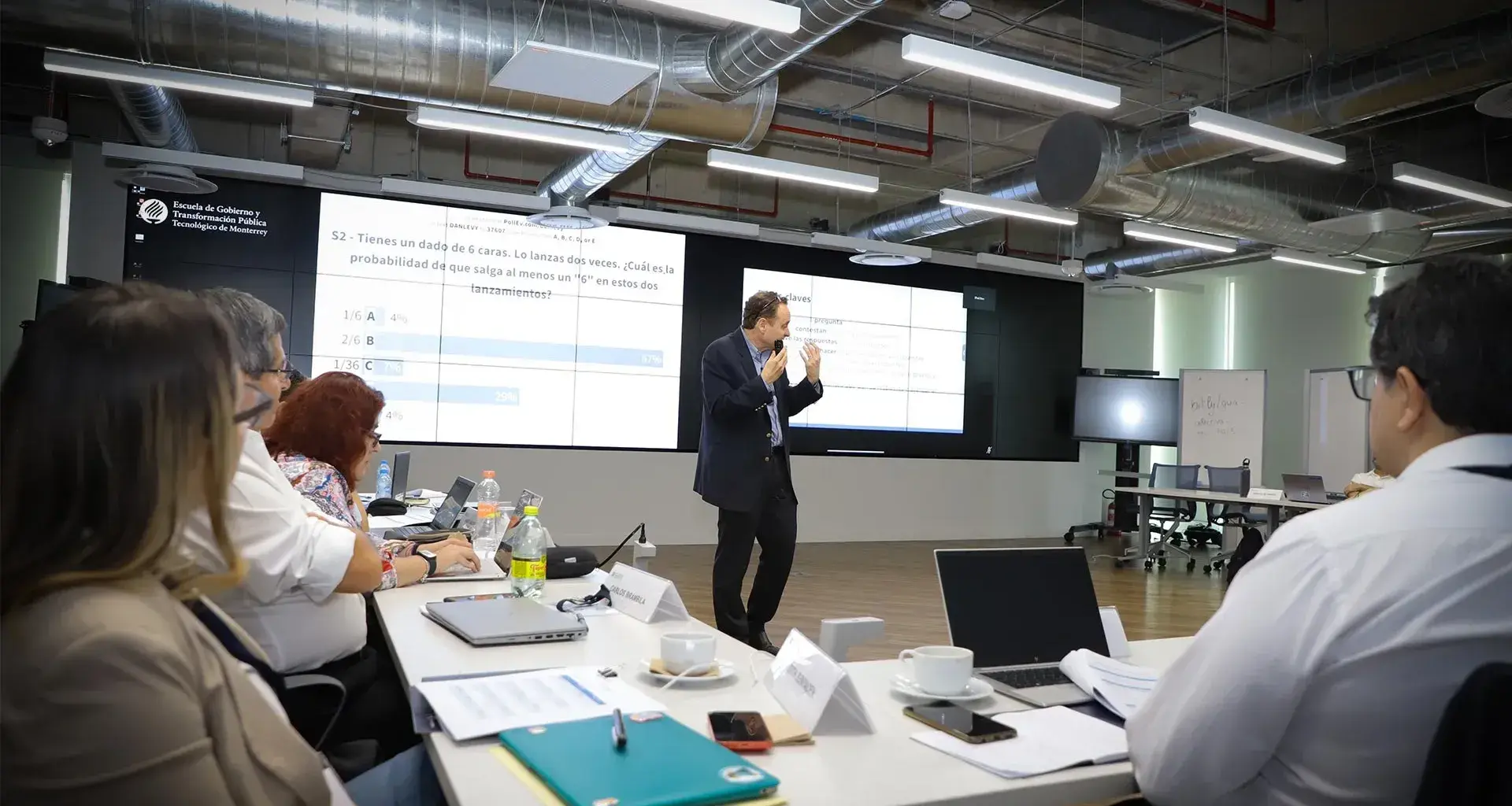Using artificial intelligence in class, key technologies for teaching, and innovative techniques for learning were some of the topics discussed during the “Technology and Teaching” workshop organized by Tec de Monterrey’s School of Government and Public Transformation.
The workshop was given by Dan Levy, a Harvard Kennedy School professor and expert on effective learning, who shared the keys to tackling the challenges and opportunities of academic learning with Tec professors over two days.
More than 30 Tec professors from the Mexico City region and Monterrey and Guadalajara campuses were given training on educational strategies, as well as using various technological tools to improve and deepen student learning in the classroom.
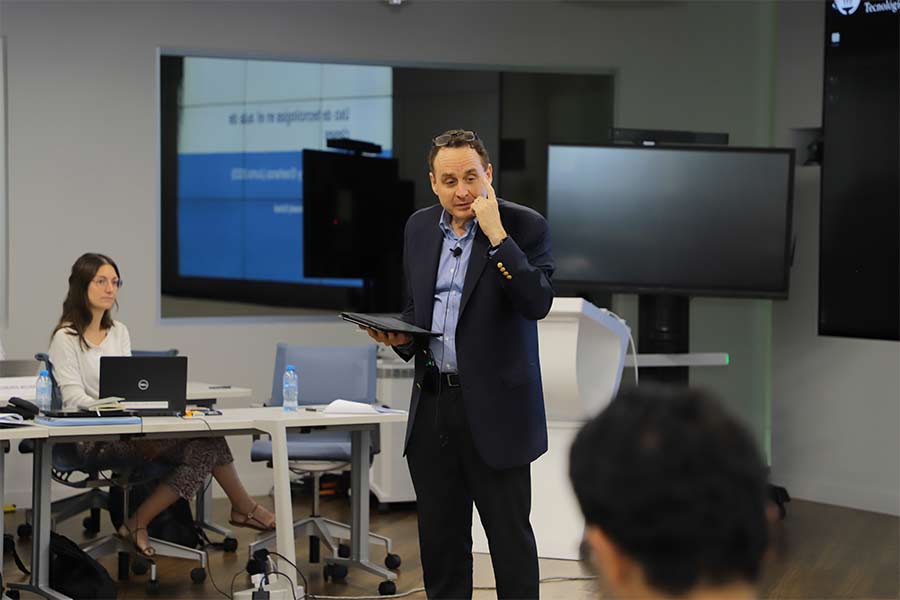
The power of feedback
During the training sessions, professors reflected on teaching methods that can be used to provide a more dynamic and practical education than those currently used in an educational setting.
For Professor Dan Levy, continuous feedback is one of the key ways to optimize teaching strategies, whether in person or online.
“Feedback drives the exchange of learning and knowledge between both parties,” he suggested.
Similarly, the Harvard expert said that knowing about students and involving them in the teaching process is crucial to making learning become a collaborative process between the teacher and the students.
Professor Angélica Creixell, a professor at the School of Government and Public Transformation in Mexico City, shared her thoughts about this learning strategy.
“As educators, we have to know what students are thinking during the class and understand how we can ensure sure that learning objectives are really being met,” said the professor.
“We wanted to foster collective reflection on our own teaching tools and strategies, both as a school and as individuals.” - Miguel Ángel Santos.
Technology as a support for learning
During the workshop, Dan Levy argued that the challenge of teaching triples with online learning, so technological tools like shared documents, discussion forums and even artificial intelligence platforms such as Chat GPT can be a great help.
The expert also emphasized the importance of connecting with each student during classes. Polling or survey tools such as Menti can support this by promoting fluid interaction in the classroom and reinforcing content.
“Technologies that allow us to know what students are thinking often leave us with an impression of the classroom that is different to how they really think.”
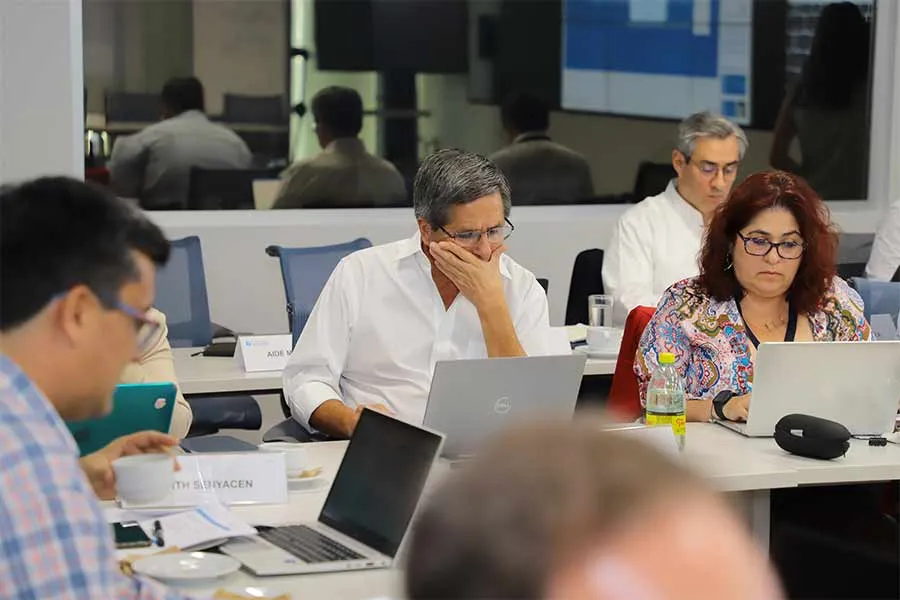
According to Levy, one of the most effective strategies to combat the fear of asking questions is to assess the level of understanding during classes through anonymous questionnaires, which can be used to clarify doubts and correct misunderstandings.
“The idea of these questions is for you to realize where students are at and what misconceptions they have so you can correct them.
“I don’t think you can do this by asking directly,” he explained.
Finally, the Harvard professor and Tec professors agreed on the importance of creating a culture in the classroom which allows students to make mistakes and integrates that into their learning through discussion.
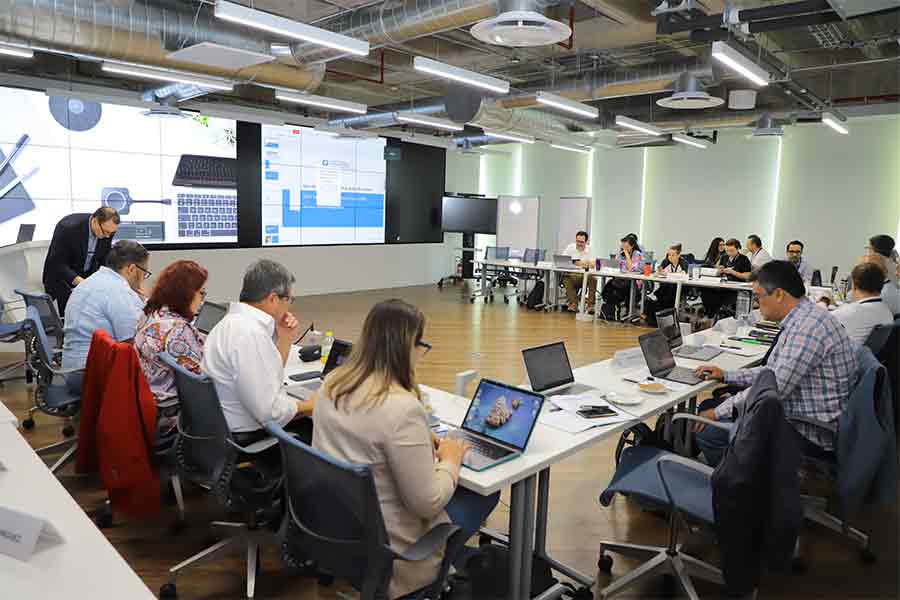
Continual development
Miguel Ángel Santos, National Dean of the Tec’s School of Government and Public Transformation, explained that one of the objectives of the workshop was to discuss the use of technology as a tool for encouraging more effective teaching, as well as the latest pedagogical innovations.
“We wanted to foster collective reflection on our own teaching tools and strategies, both as a school and as individuals.
“There is no one better to help us do that than Dan Levy, who leads pedagogical practice at Harvard Kennedy School and is passionate about the study of the teaching and learning process,” he shared.
The dean believes it’s essential to remember the differences between teaching and learning, as well as to constantly reflect on the teaching strategies being used in the classroom.
“It’s important to design a creative teaching process that gets the students involved and opens up the possibility of a memorable learning experience,” he concluded.
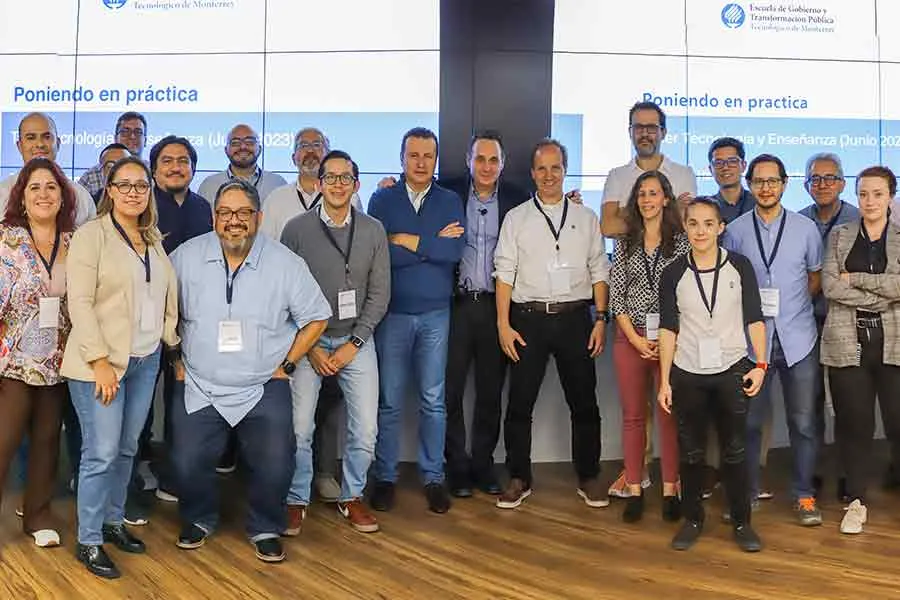
With information from Susan Irais.
READ MORE:

